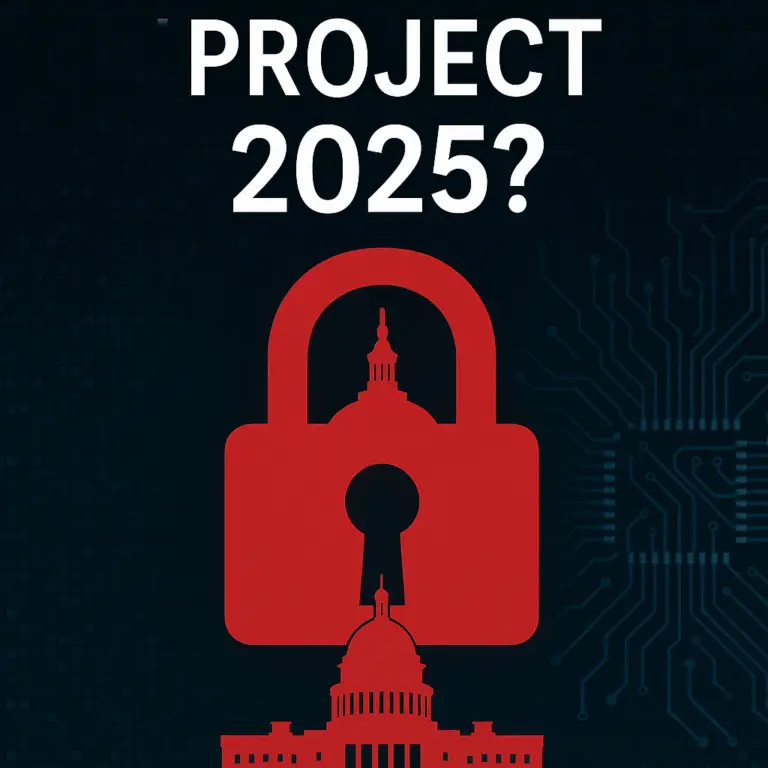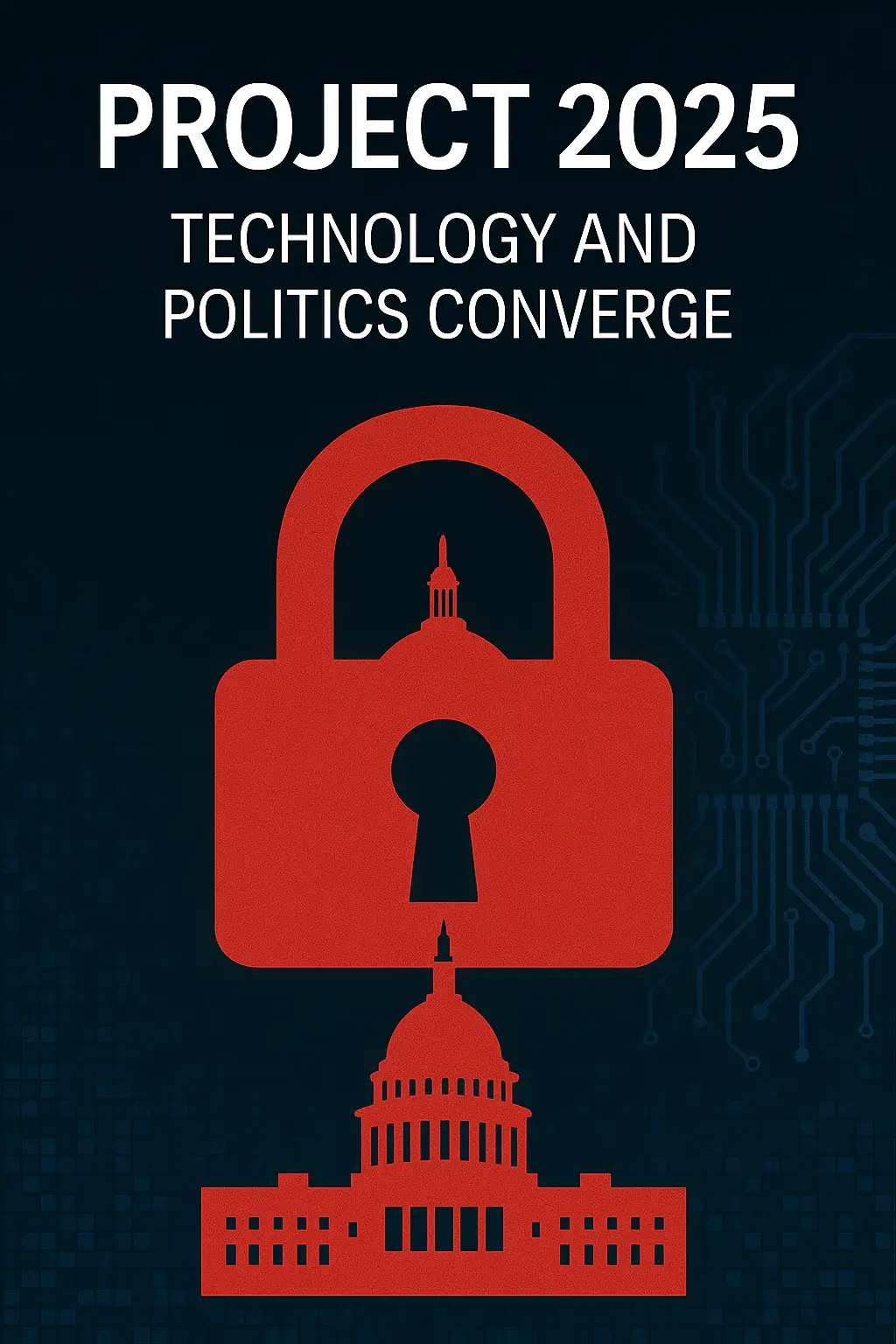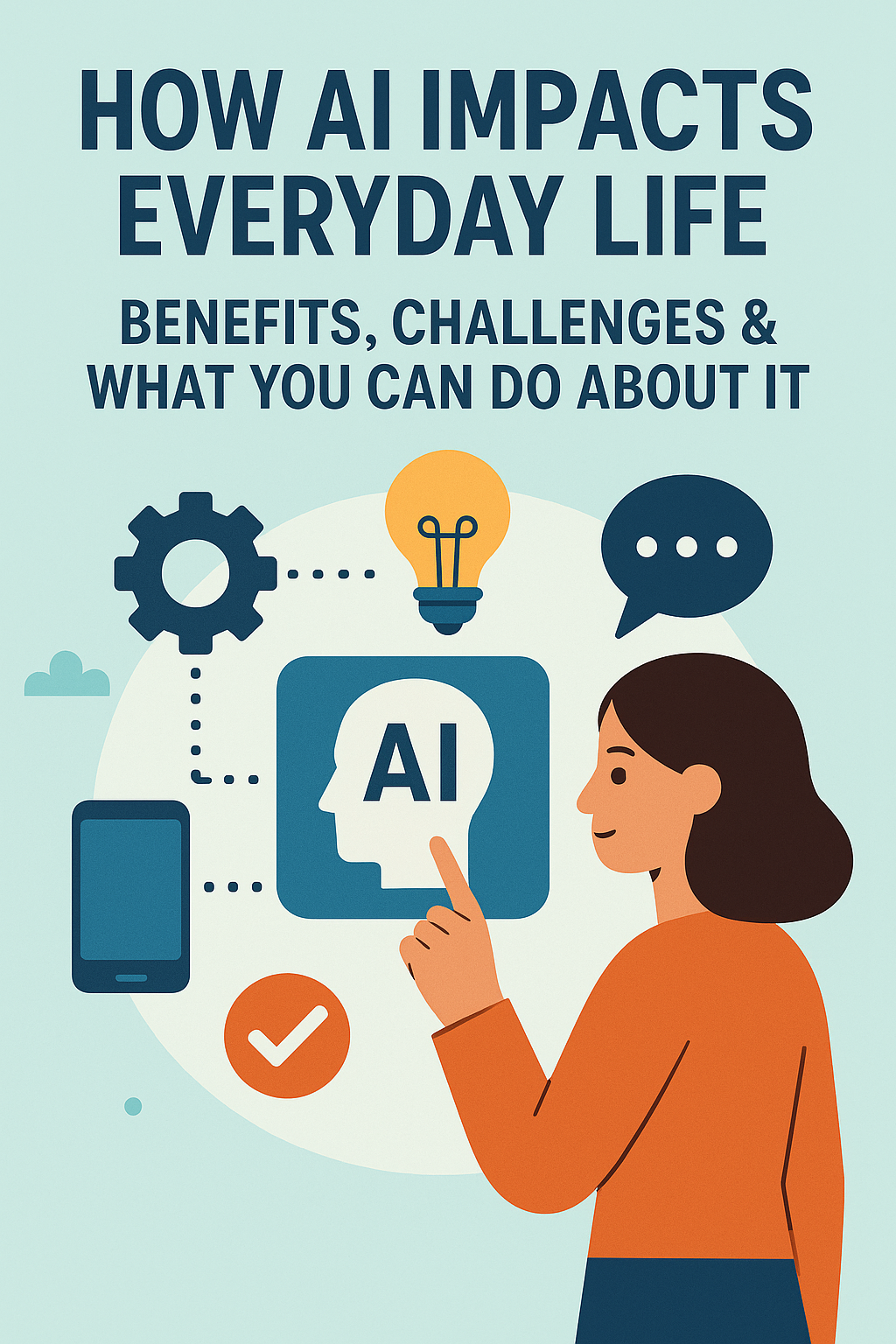What Is Project 2025?

Project 2025 is a politically-driven framework proposed to reshape government policy, administration, and digital infrastructure by the year 2025. While the term has been used in various contexts, the current political and tech world version—often linked to conservative think tanks and future-oriented government reform—has become a lightning rod for debate.
Background of Project 2025
Initially championed by right-leaning policy groups such as The Heritage Foundation, Project 2025 envisions a sweeping overhaul of U.S. federal operations. It aims to prepare for a future presidential administration (potentially Republican) with a ready-to-implement framework for everything from civil service reform to digital policy.
Key Political Objectives
- Dismantling the “administrative state”
- Replacing civil servants with political appointees
- Enhancing executive power over federal agencies
- Restructuring departments like the DOJ, FBI, and HHS
- Aggressive policies on immigration, climate change, and social meet
The Role of Technology in Project 2025
Project 2025 incorporates a strong tech angle:
- AI in Governance: Automating bureaucracy with AI and decision-making systems.
- Surveillance Tools: Increasing use of biometric tracking, social media scraping, and predictive policing tools.
- Cybersecurity Policies: Centralizing federal cybersecurity efforts under executive control.
- Digital ID & Data Collection: Expanding citizen data registries for public service eligibility.
Controversies and Criticisms
Critics argue Project 2025 is:
- Anti-democratic by centralizing power
- A tech overreach that risks civil liberties
- Fuel for misinformation, with proposed reforms to media regulation and content moderation
- Unclear on tech ethics, especially on AI, facial recognition, and data privacy
Potential Global Impact
If fully realized, Project 2025 could:
- Inspire similar techno-political projects in other nations
- Set international precedents for surveillance tech in democratic governments
- Influence global AI regulation debates
Digital Surveillance & Data Power
Government agencies could gain power to track individuals using AI-powered facial recognition, GPS data, and even social media behaviors—blurring the line between security and oppression.
AI and Governance Automation
Proponents highlight the potential to cut bureaucratic red tape. Detractors warn of algorithmic bias shaping legal, healthcare, or immigration decisions.
Media Control and Algorithmic Bias
Project 2025 includes reshaping Big Tech’s relationship with government—possibly implementing algorithms aligned with federal values and censoring opposition.
Final Thoughts: Is Project 2025 a Techno-Political Revolution?
Project 2025 is not just a political maneuver—it’s a strategic intersection of ideology and innovation. While it could streamline governance, the risks to privacy, democratic principles, and digital ethics are real and far-reaching.
FAQs
Q1: Who supports Project 2025?
Conservative think tanks, political action committees, and some former Trump administration officials.
Q2: Is Project 2025 already in motion?
It is a policy framework being prepared in case a favorable administration is elected in 2024/2025.
Q3: Is Project 2025 only about the U.S.?
No. The use of tech in governance could influence global political systems and digital policy decisions.
Q4: What does Project 2025 mean for personal privacy?
It raises concerns over expanded surveillance and the use of AI for personal data profiling.
Q5: Can Project 2025 be stopped or modified?
Yes, through public awareness, legal challenges, and political resistance.
Important Links: Heritage Foundation’s Project 2025 Website









